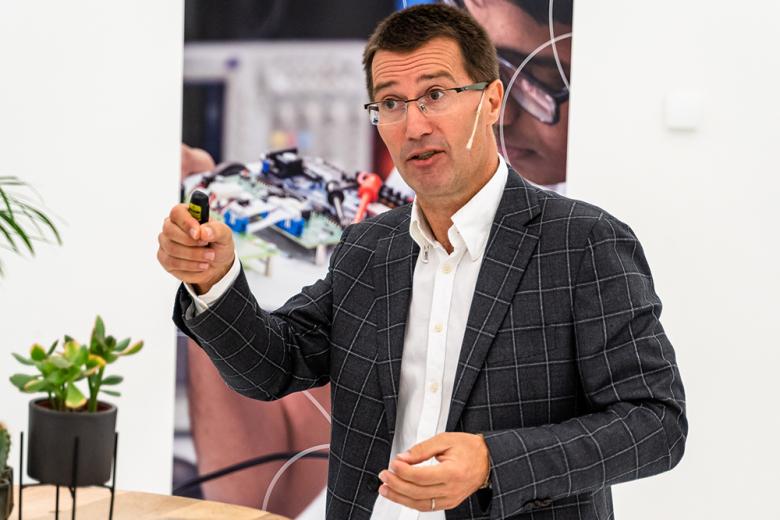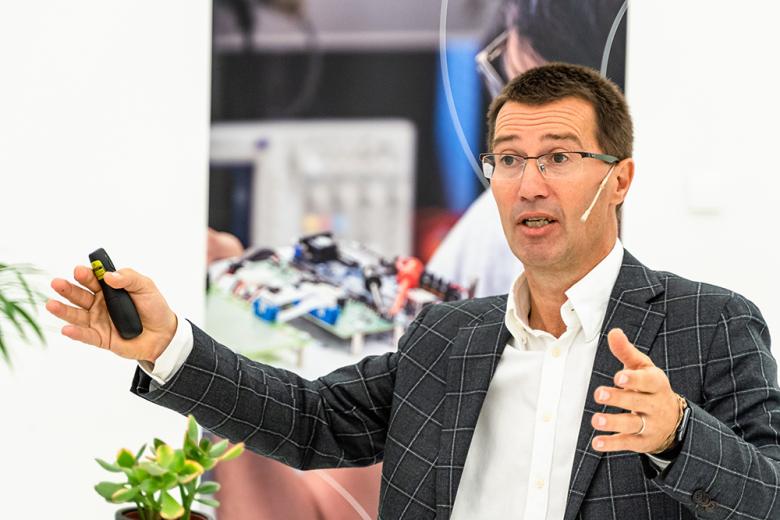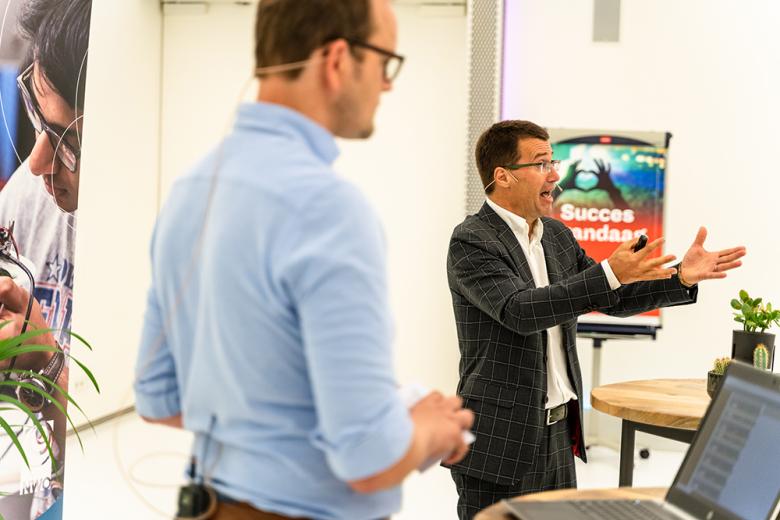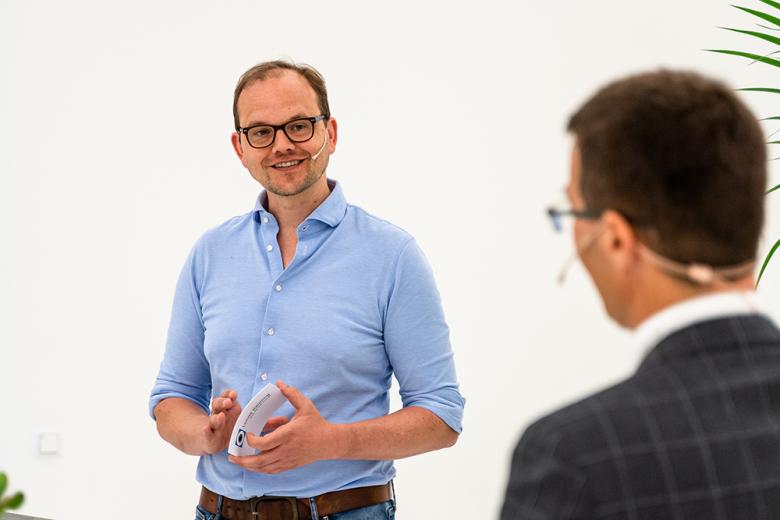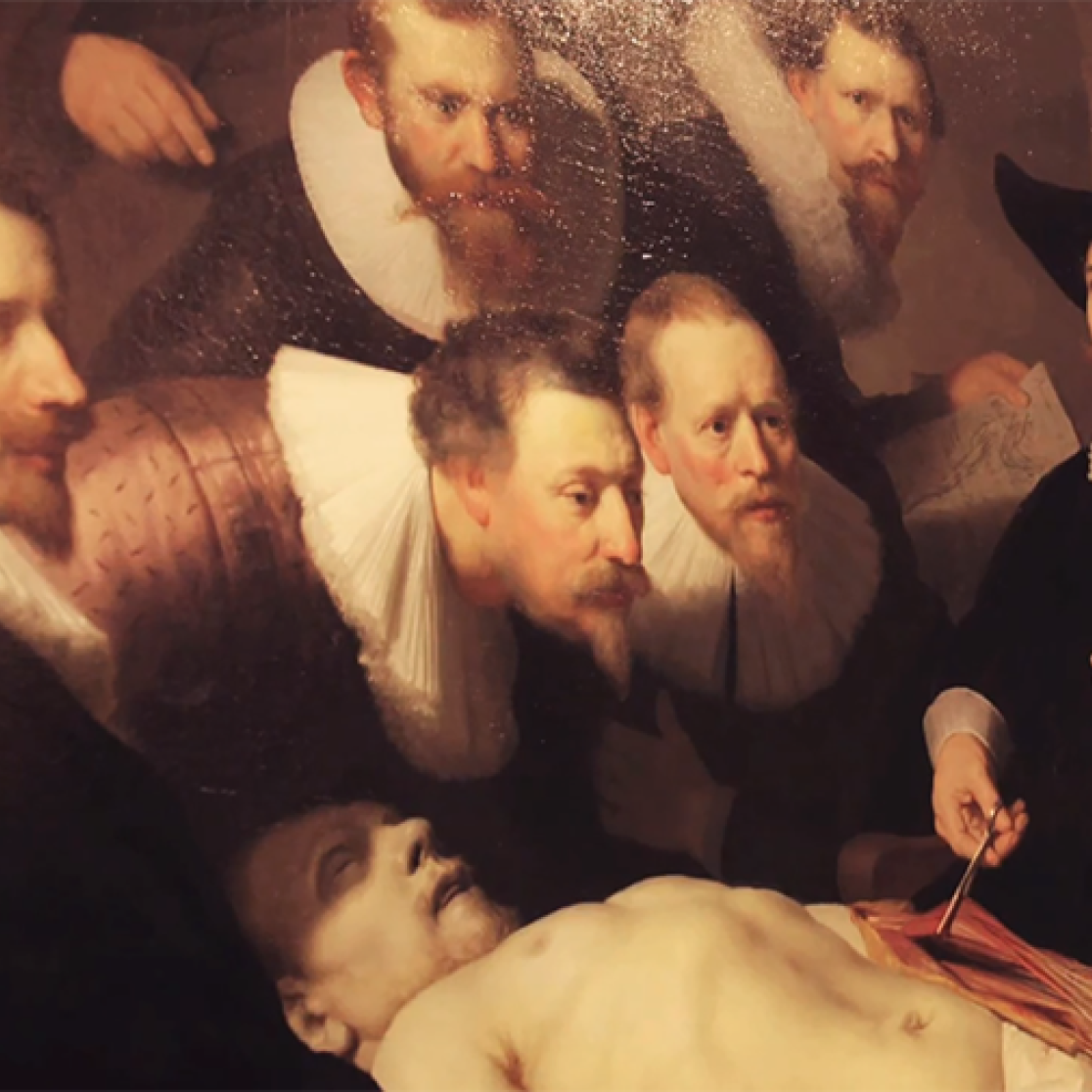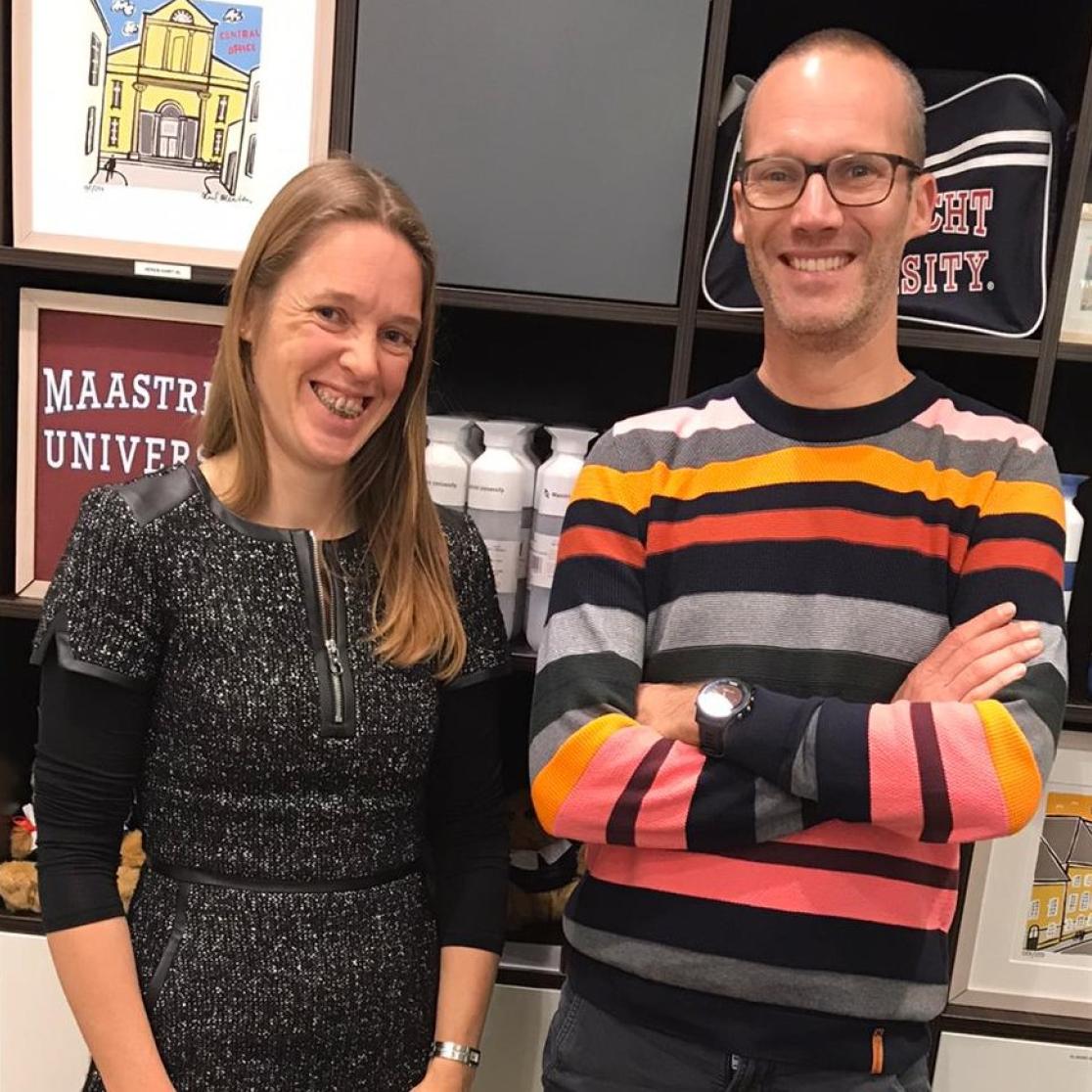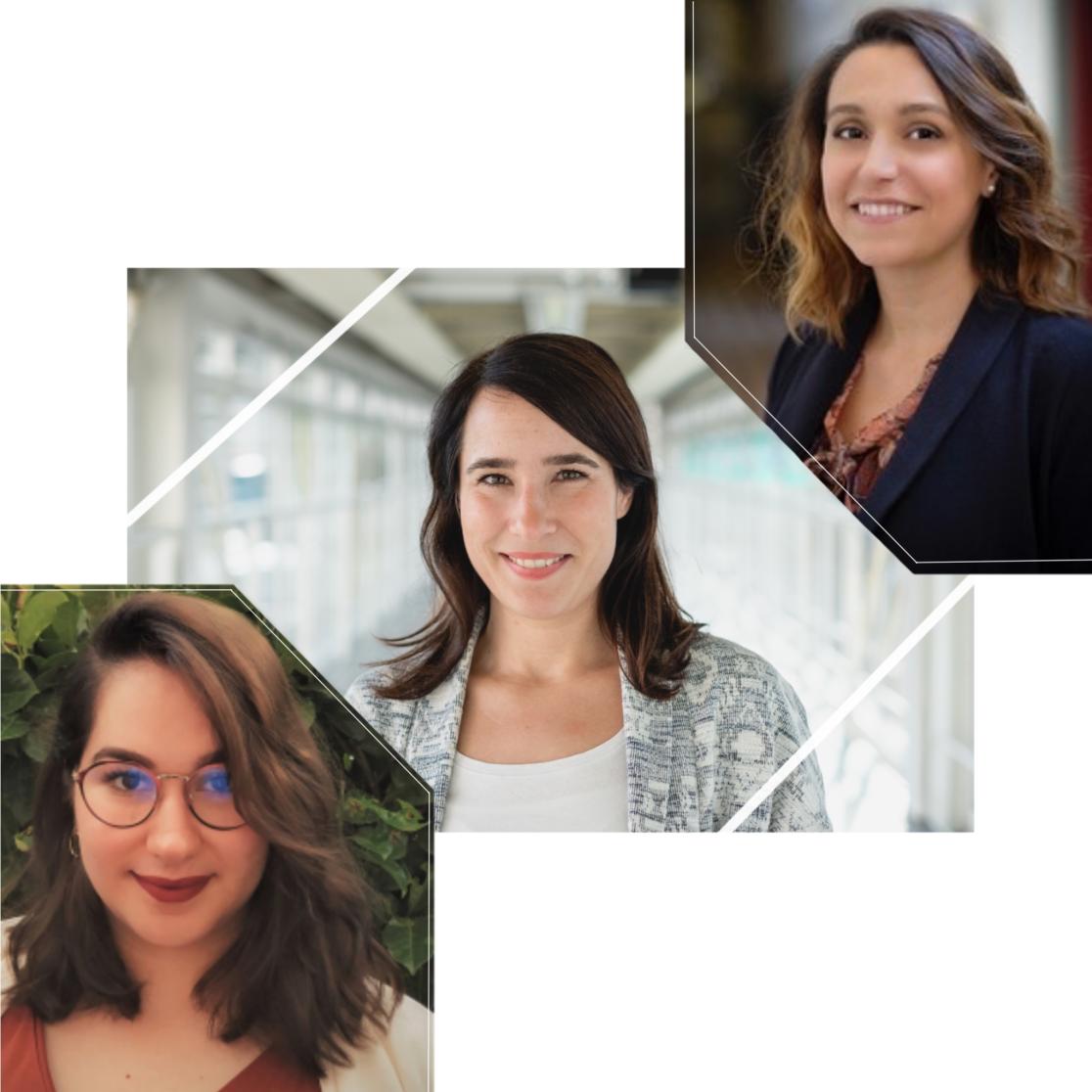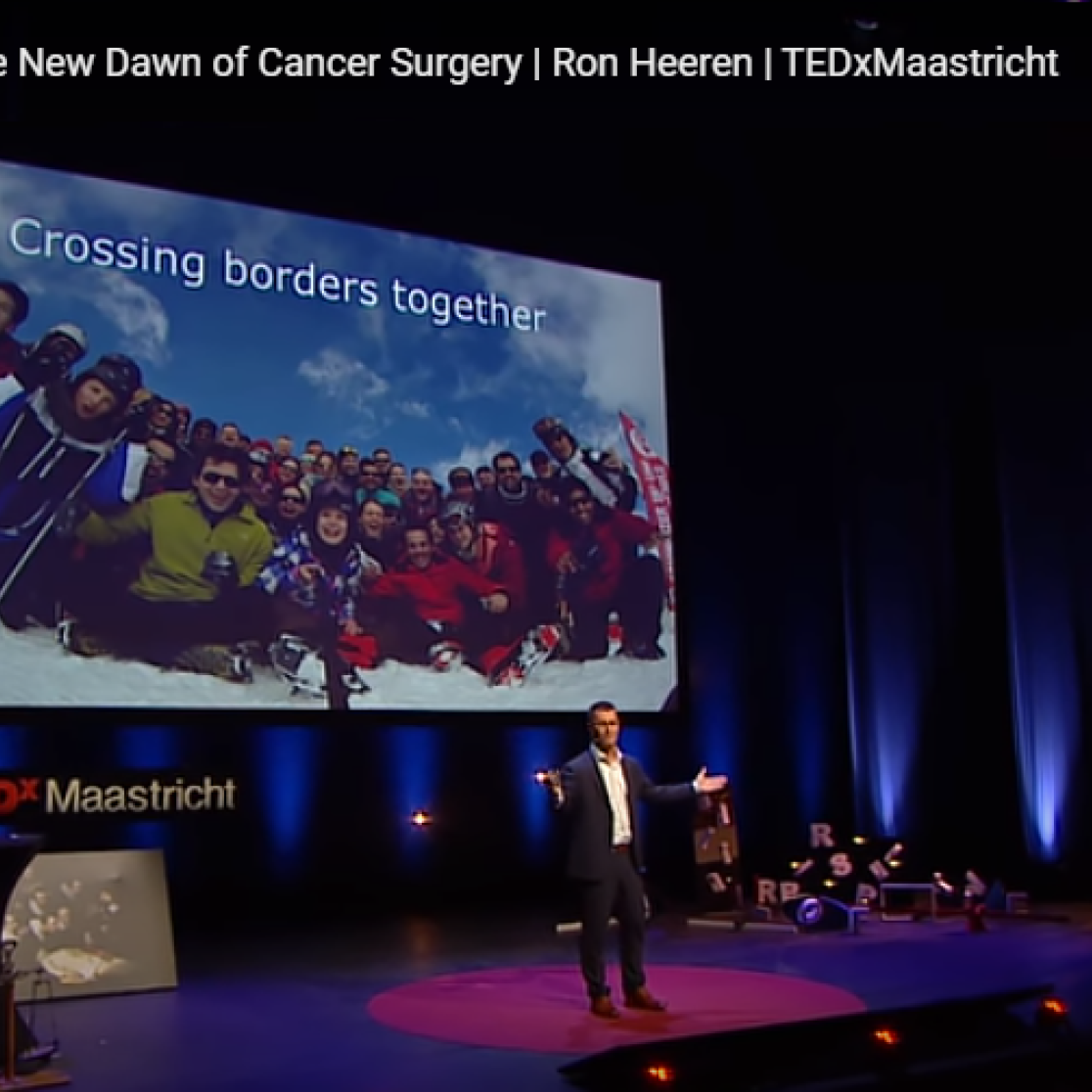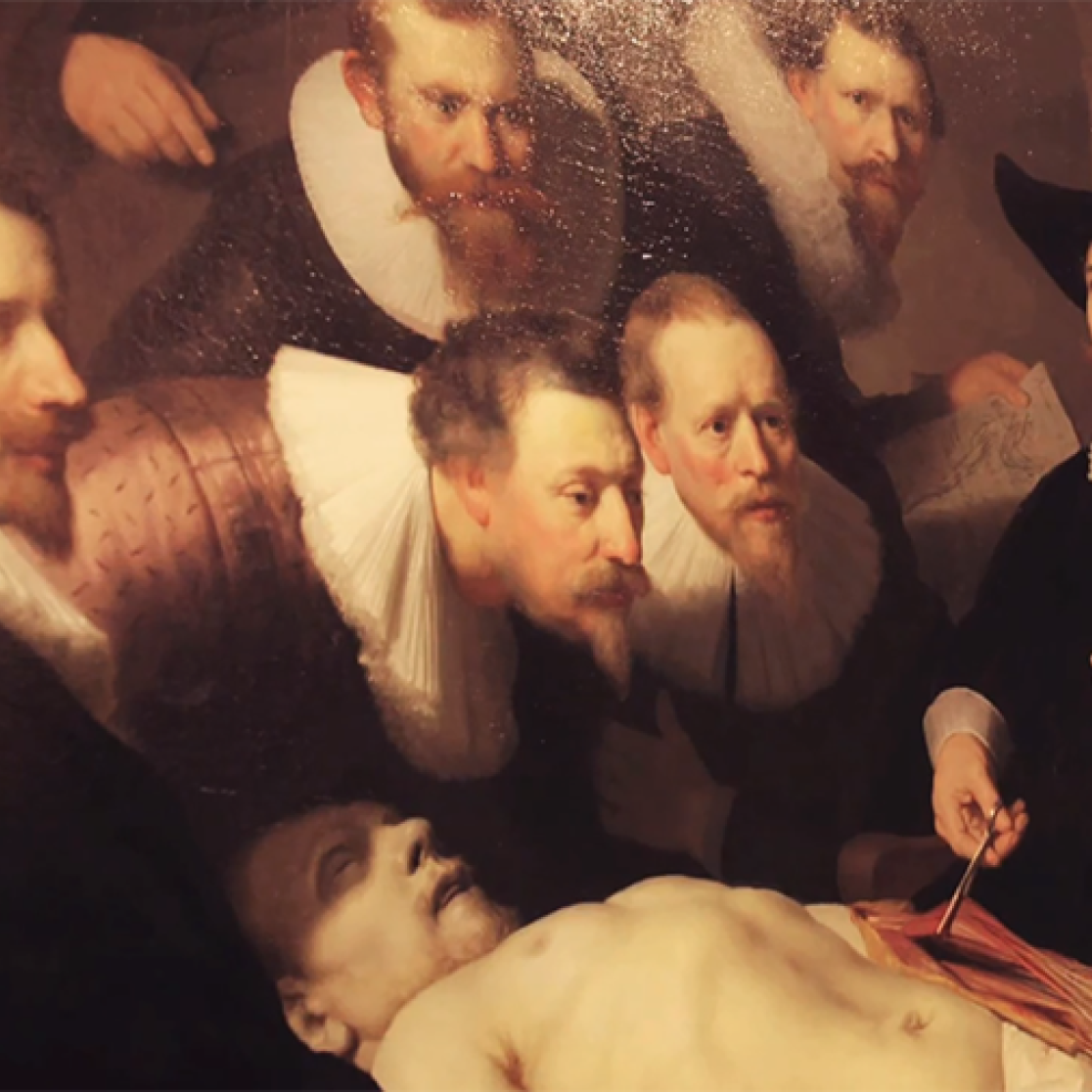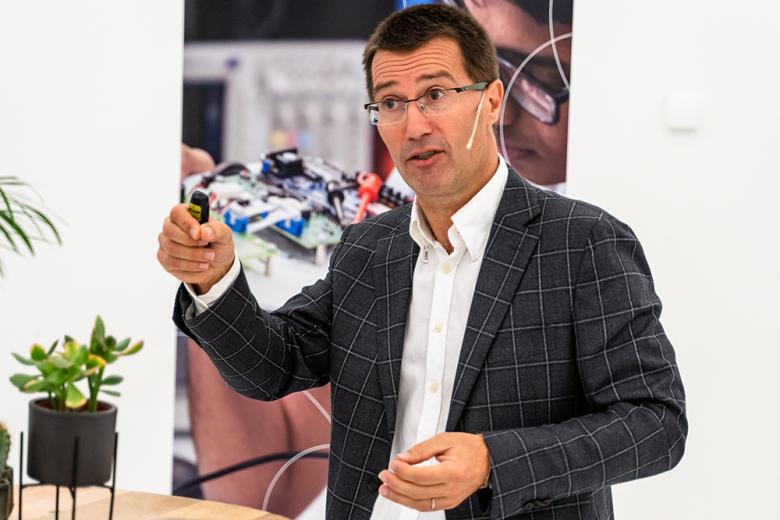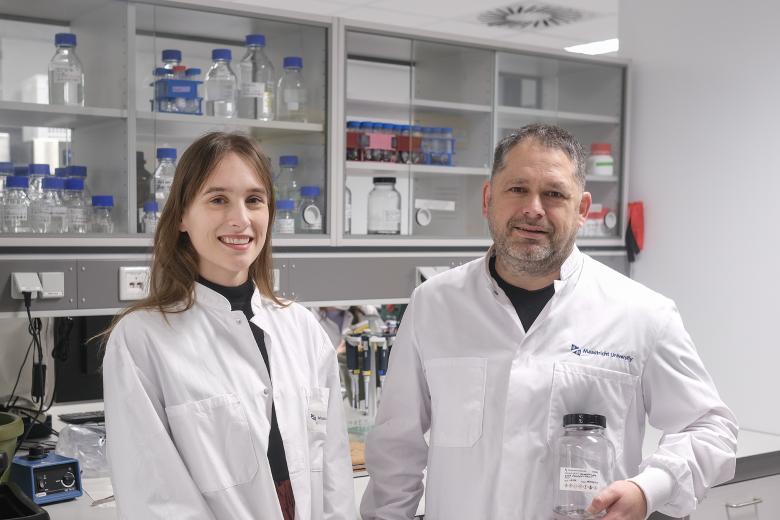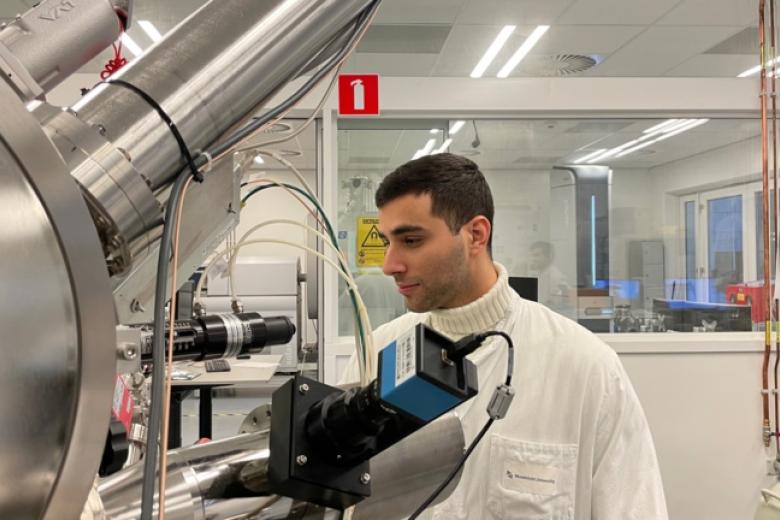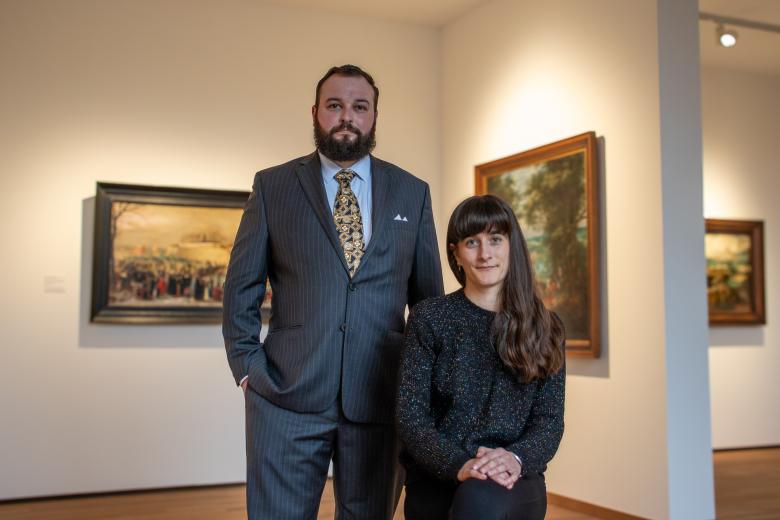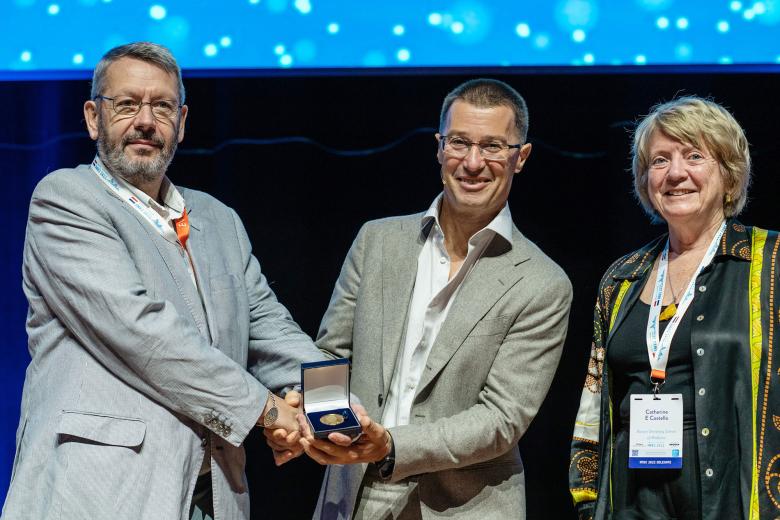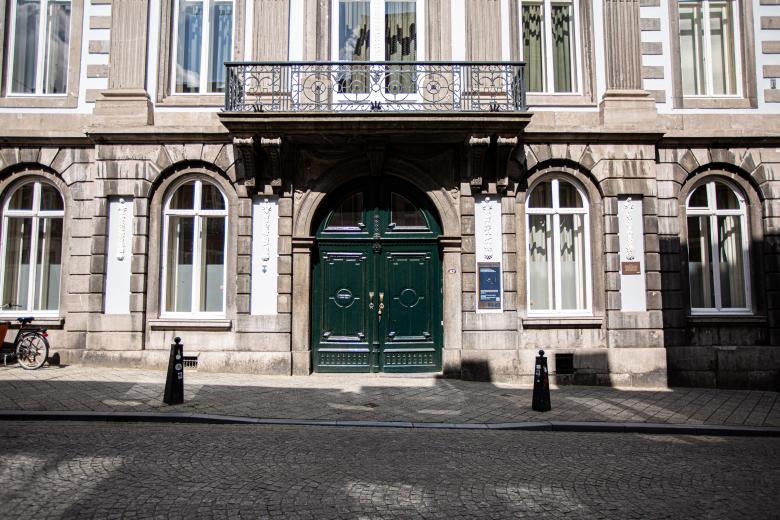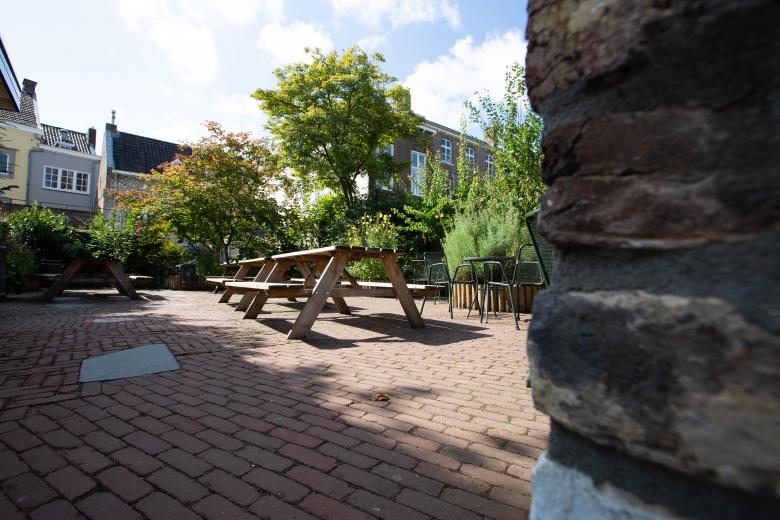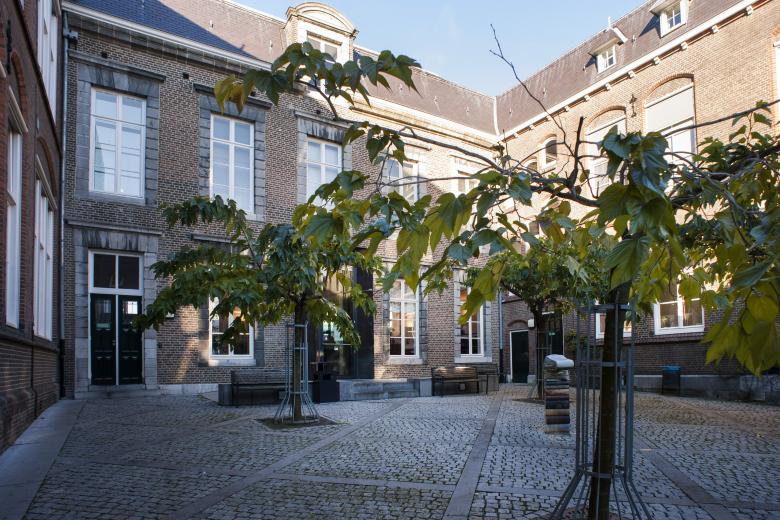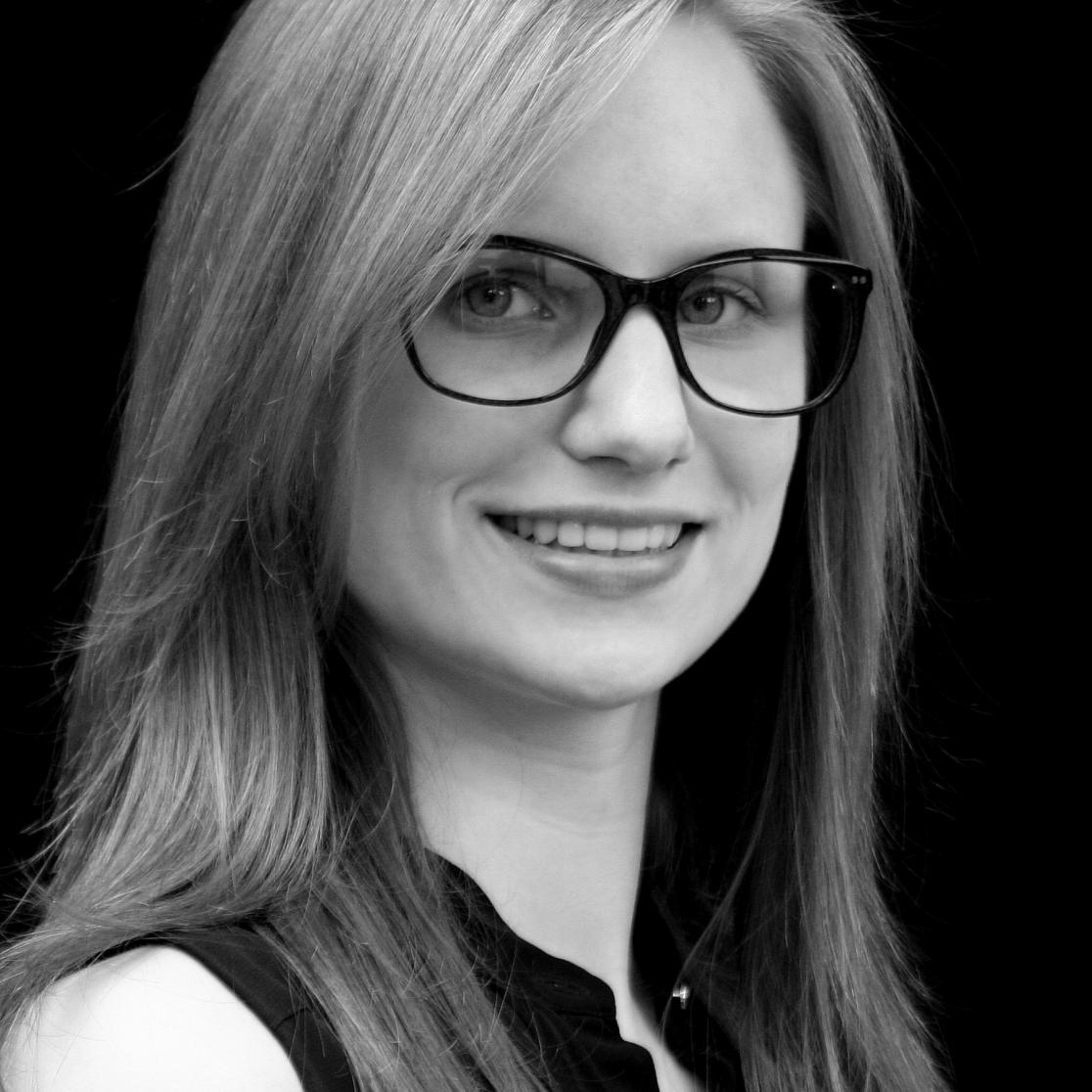We are all deeply saddened by the sudden death of Patricia Leen on 1 September 2020, at the age of 25.
Patricia started her academic career at UM with a bachelor's degree at the Department of Data Science and Knowledge Engineering (DKE). She was regarded by her teachers and fellow students at DKE as a very friendly student, who achieved good grades and always came well prepared to her meetings and classes. Patricia was the first female pioneer in the KE@work honours programme. This is an excellence programme in which students, in addition to their full-time studies, work at a company in the region two days a week for two years, dealing with issues pertaining to Artificial Intelligence. Patricia did this with great pleasure and dedication; unfortunately, she had to stop this programme prematurely because of her health. Despite the challenges with her health, however, Patricia continued her studies and successfully completed her bachelor's degree at DKE.
During her studies at DKE, Patricia became interested in the human brain. For her bachelor’s thesis, she addressed difficult conceptual and technical challenges, and developed a computational model of perceptual learning (a form of skill learning) and algorithms to better detect microsaccades (super-small eye movements), which are of great importance in contemporary attention and skill learning research. As if these scientific challenges were not enough, Patricia also developed software during her thesis year to record eye movements during visual research using a laptop (she replaced an entire lab with a single laptop equipped with her smart software). This laptop and her software later turned out to be essential for the research of several other researchers. These activities also brought her into contact with researchers within the Cognitive Neuroscience (CN) department of the Faculty of Psychology and Neuroscience (FPN), where her interest in the human brain was further stimulated.
Patricia then successfully applied for a place in the Cognitive Neuroscience specialisation of the Research Master’s program hosted at the Faculty of Psychology and Neuroscience (FPN), where she had the ambition to combine her mathematical talents with cognitive research. In the first blocks of the Cognitive Neuroscience Research Master specialization, her enormous talent stood out, but gradually Patricia’s health problems worsened, which imposed more and more limits on her enormous potential and ambitions. Patricia eventually switched to the one-year master's programme in Cognitive Neuroscience and was completing her Master's internship on location at Maastricht Centre for Systems Biology (MaCSBio) at the Faculty of Science and Engineering (FSE).
Patricia was a brilliant mind. In addition to her research contributions that continue to help people today, we remember Patricia for her keen insights into herself and others, as well as her kindness and humility, despite her exceptional abilities. She also had a contagious and sometimes sarcastic sense of humour, sometimes laughing about her problems, and was ready to help others if she could, in spite of her own challenges.
It is difficult to say goodbye to Patricia, but she made a lasting impression on many. From the students and staff of FSE and FPN, we wish Patricia's parents, sister, grandparents, family and friends a lot of strength in coping with this great loss.
There will be an opportunity to pay your last respects on Tuesday September 8 from 19.00 to 20.00 pm at the funeral home ‘Vanhove Uitvaartzorg‘, Brogelerweg 24, 3950 Bocholt, Belgium. Please note that wearing a facemask is required and we advise you to check the most current Belgian Covid-19 travel regulations. The funeral on Wednesday will be in intimate circle. Via the website https://www.inmemoriam.be it is possible to extend your condolences online.
It may be that you need spiritual assistance and guidance as a result of, Patrica Leen’s demise. The student advisors at the Faculty of Psychology and Neuroscience as well as the UM Psychologists at Maastricht University will be there for you if you need them. Feel free to contact either the academic adviser at FPN Marin Been or at DKE Tessa Fox or the UM Psychologists via the secretariat of student guidance at SSC by email. You can also contact the Student Chaplaincy for support at Innbetween by email.
